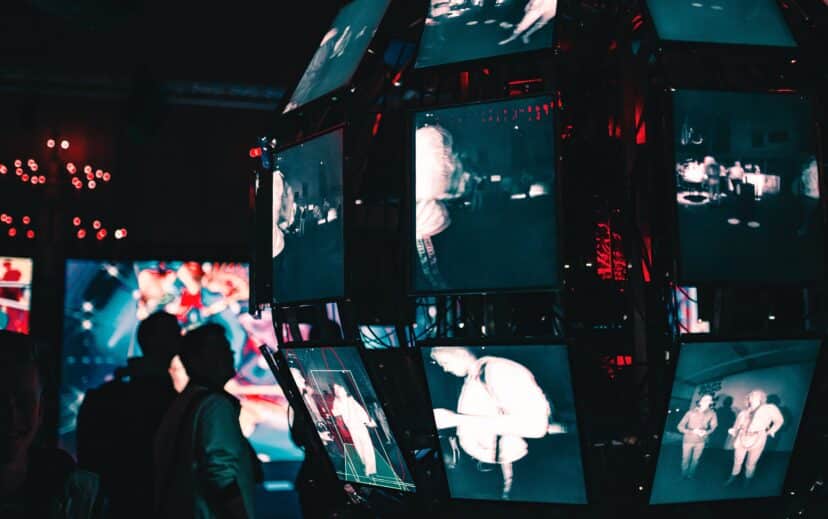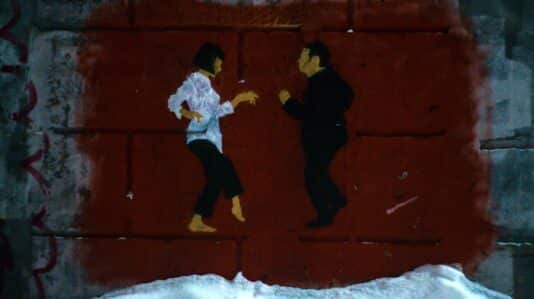Celebrities routinely sponsor products in advertisements. However, there has been a recent spate of unauthorized AI-generated versions of celebrities to hawk products. These unauthorized deepfake ads violate the celebrity’s right of publicity but also create other legal problems, too.
Right of Publicity
The “right of publicity” is the right for a person to control their ability to exploit – and prevent others from exploiting – their name, image, and likeness for commercial purposes. Celebrities may generate millions in product endorsements. There is no federal law governing the right of publicity and the laws vary significantly from state to state.
What is Happening to Celebrities?
In November 2023, Scarlett Johansson made headlines because she seemed to be featured in an online advertisement for the AI-generating app, Lisa AI: 90s Yearbook & Avatar, without her permission. The ad starts with an old, behind the scenes clip of Johansson on set as her Marvel character Black Widow that uses her voice to encourage viewers to “come with her.” It then transitions into an AI-generated “Scarlett” voice and photos that sound and look like Johansson. However, Johansson did not approve the ad and her team promptly took legal action resulting in the ad being taken down.
Johansson is not alone. Tom Hanks “appeared” in ads for a dental plan earlier this year. This was another AI-generated ad, as Hanks posted on Instagram “Beware! I have nothing to do with it.” An AI-generated version of CBS Mornings host Gayle King was recently featured in a video ad for the company Artipet. Like Hanks, the real Gayle King took to Instagram to warn fans of the unauthorized deepfake ad.
Not all AI versions of celebrities are unauthorized, however. Bruce Willis and James Earl Jones made headlines in 2022 for reportedly selling the rights to their face and voice respectively to deepfake companies. The key to avoiding legal liability for using any real person in an AI-generated video is to receive permission from the individual whose likeness is being used.
Concerns for the Future
As deepfake ads continue to proliferate, there are several legal issues to keep in mind:
- Right of Publicity
Using a celebrity’s name, image, and likeness without permission, especially if AI-generated, will likely violate that person’s right of publicity.
- Copyright Infringement
The use of pre-existing, copyrighted material in AI-generated work may result in copyright infringement. For example, in the AI-generated Scarlett Johansson ad, a clip of Johansson behind the scenes at a Marvel set was used at the beginning of the ad. Since Lisa AI likely did not receive permission to use the clip, the ad likely violates Marvel’s copyrights in the material because actual footage is used and the use may also violate its right to create “derivative works” if the AI-generated material is based upon Marvel’s original work.
- Trademarks
If the creator of the AI-generated video not only failed to obtain the publicity rights for the celebrity but also failed to obtain rights to commercially exploit particular products or services, such creators could be committing infringement of any trademarks for those products or services.
Conclusion
AI-generated content implicates many legal issues. Contracts with actors, recording artists and other performers may need to be drafted or revised to reflect these evolving AI uses. Those involved in creating AI-generated content, especially ads, should speak to an experienced attorney to ensure that the proper agreements and consents are in place before the content is posted. Contact a member of our team to learn more.




